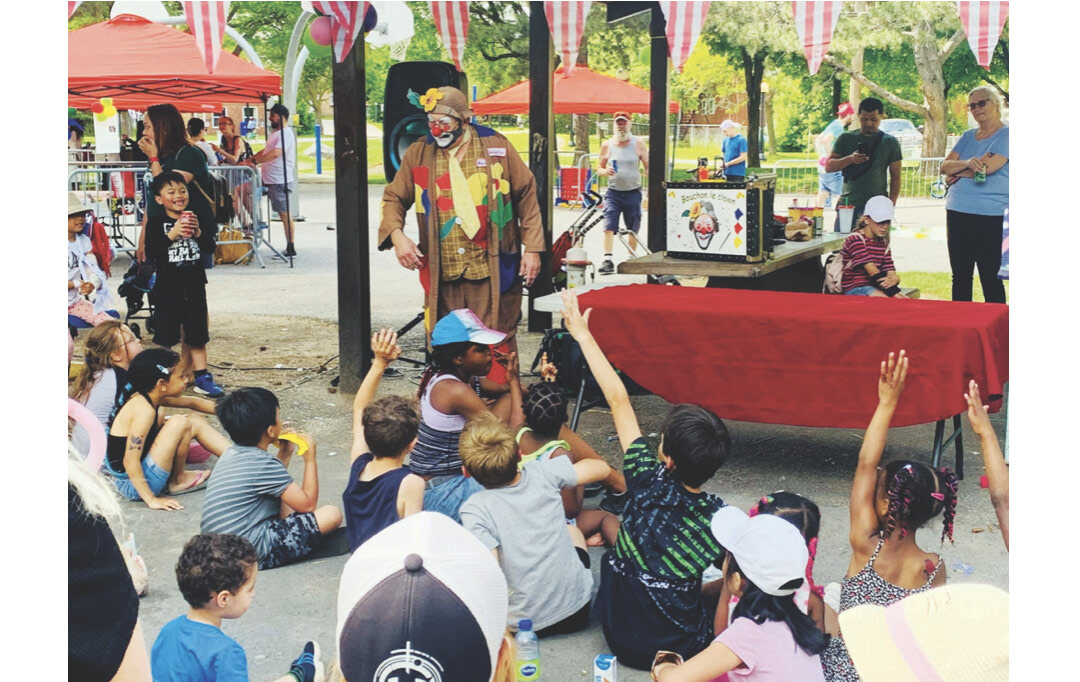Children's clinic confronts a new crisis of youth homelessness
Tashi Farmilo
A decade after opening its doors, the Centre de pédiatrie sociale de Gatineau is facing a reckoning. In its newly released 2024–2025 impact report, the organisation confirms what frontline workers have increasingly observed: the needs are growing, the cases are more complex, and for the first time, children without homes are arriving at its doors.
The report documents a sharp increase in demand. Over the past year, the centre provided care to 1,115 children — more than 200 of them new — through 11,090 clinical interventions. Since its founding in 2009, more than 2,300 children have been served across its two sites in Vieux-Hull and Vieux-Gatineau. Children aged six to twelve made up the largest share of clients, followed by those under five, then adolescents.
Two key expansions shaped the year, the completion of renovations at the Vieux-Hull site and the integration of the Boîte à musique and Clinique de périnatalité sociale into upgraded facilities. The music therapy programme, now entering its third year, reached nearly 200 classrooms and centres through group workshops, and has served over 350 children since launch. The perinatal clinic, now in its fourth year, supported 70 expectant mothers and continued postnatal follow-up for 56 infants.
Beyond clinical care, the report outlines new collaborations with academic institutions, including an educational and artistic partnership with the Université du Québec en Outaouais that concluded with a public exhibition of children’s artwork. The centre also strengthened efforts to include fathers in its care model, with new training and programming developed in partnership with provincial networks.
Fundraising efforts surpassed previous years. The 16th edition of the Guignolée des enfants raised $236,518.78, while the centre’s inaugural benefit gala, Jeune Ensemble, brought in an additional $92,289. Combined, they contributed to a funding model still heavily reliant on community donations, project-based grants, and philanthropy. The report notes that 86 percent of expenditures were directed to frontline services.
A new executive director, Chloé Martinetti, took office in January 2025, coinciding with the rollout of a three-year strategic plan. Priorities include modernising infrastructure, improving cybersecurity, diversifying revenue streams, and responding to what the centre describes as a deepening social crisis.
“The needs on our territory continue to grow,” Martinetti said. “Together, we can offer each child a space where they feel heard, supported and valued.”

